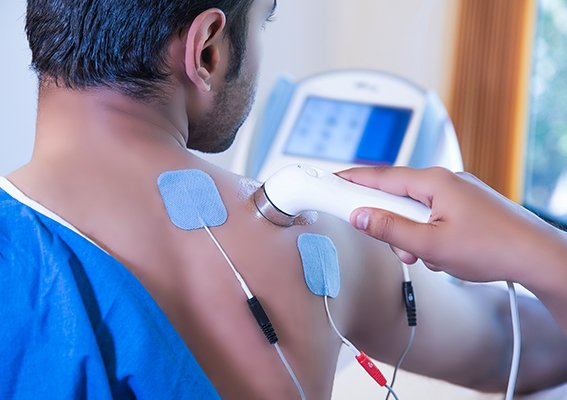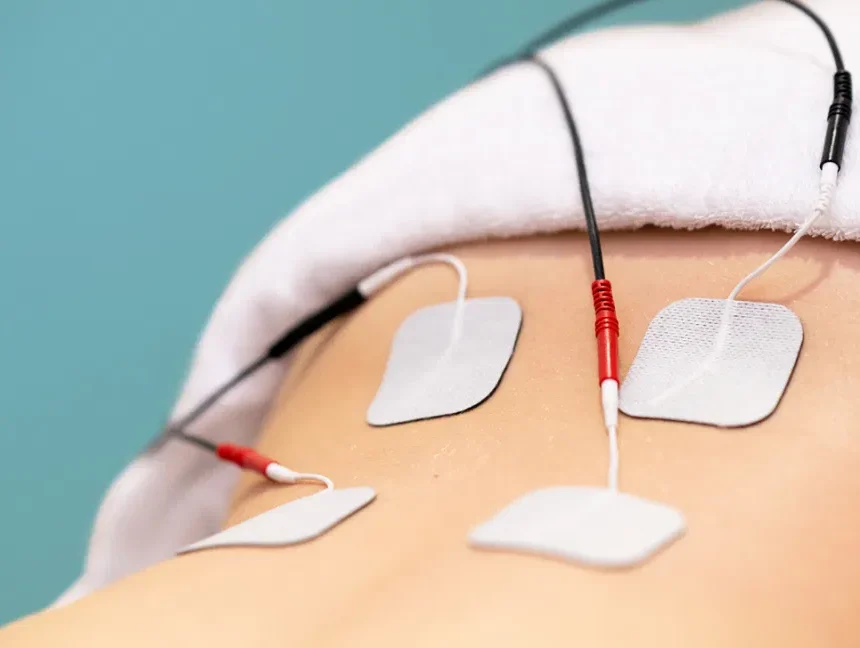Treatment of Acute Infections
Explore effective strategies for treating acute infections, including antibiotics, home remedies, and prevention tips. Understand the signs, symptoms, and treatments necessary for recovery.
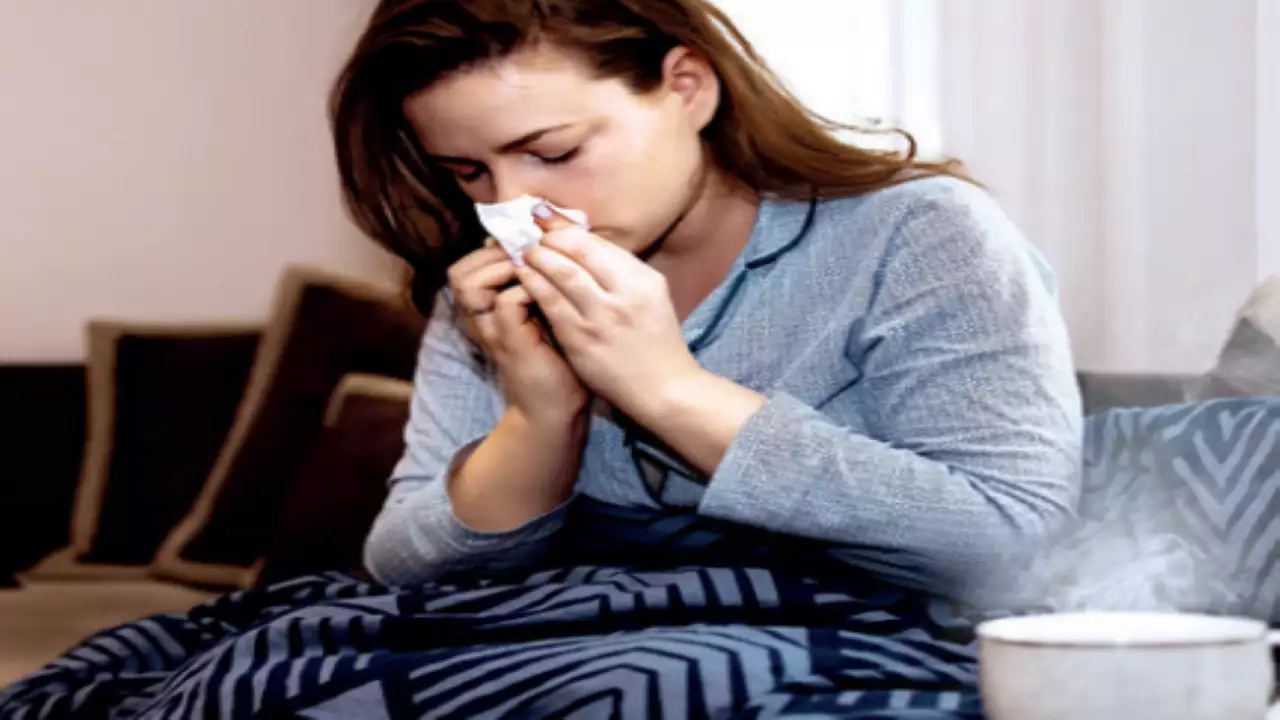
Common Types of Acute Infections
Mild acute infections are infections that result suddenly and last for a relatively short period, however severe the disease is.
The most common types include:
- Respiratory Infections: These are for example the flu, the common cold, and pneumonia which are known to occur in the upper and lower human respiratory system.
- Gastrointestinal Infections: These as a result of viruses, bacteria, or parasites, are stomach flu and food poisoning, as well as, diarrhea, vomiting, and abdominal pain.
- Urinary Tract Infections (UTIs): They are mostly noticed in women and can be a result of an infection within the tract, the bladder, or the kidneys.
- Skin Infections: They may be caused by any pathogen and belong to the categories of cellulitis, impetigo, and wound infection.
- Sepsis: An extreme and often fatal reaction to an infection that may involve the body’s multiple systems.
We Provided All Types Of General Physician Services
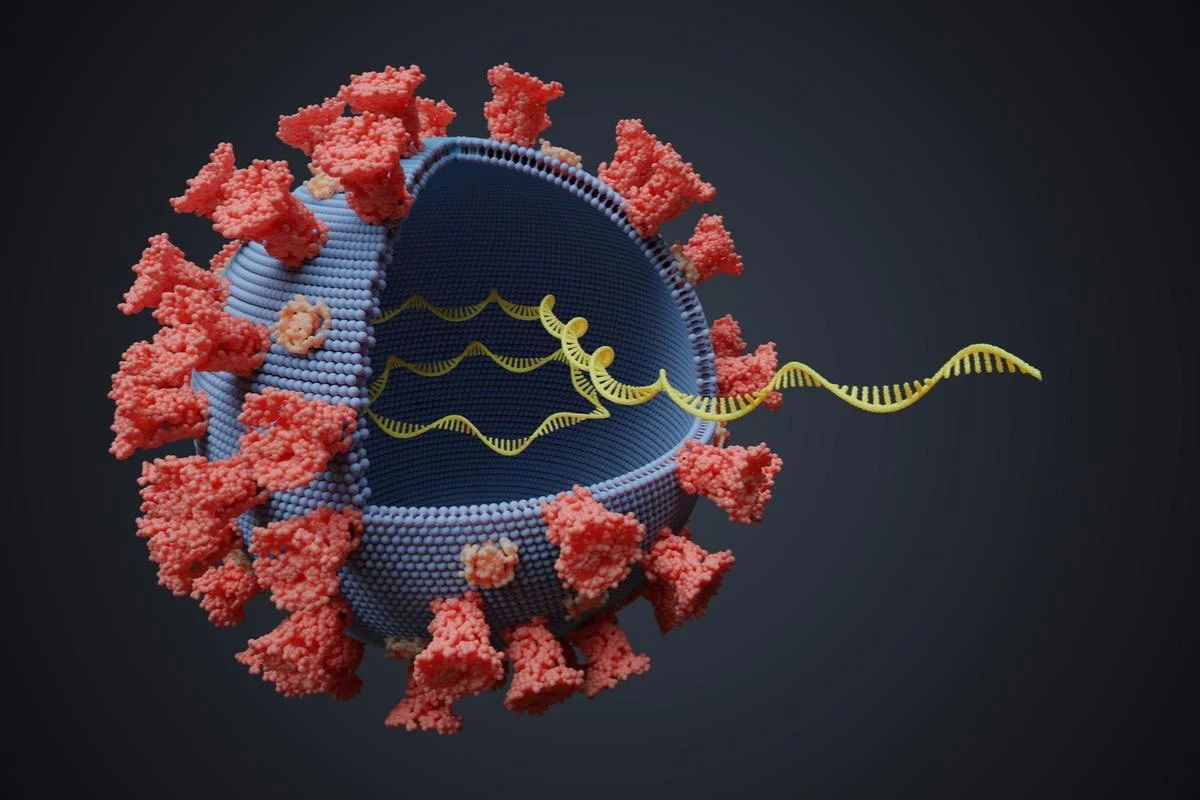
Diagnosis of Acute Infections
Diagnosing acute infections typically involves a combination of clinical evaluation and diagnostic testing:
- Medical History and Physical Examination: This is followed by documentation of the patient’s history and general clinical examination to assess for any signs of disease and take a history of possible contact with pathogens.
- Laboratory Tests: Serum, urine, or focal culture and /or stool examination may be useful for determining the exact cause of an infection; throat swabs, for instance.
- Imaging Tests: Simple diagnostic tests such as X-raying, CT scanning, or ultrasound may be required to determine any impact of infections such as pneumonia or abdominal abscesses on the internal organs.
- Rapid Diagnostic Tests: Some of the rapid tests include the rapid strep test or influenza test which enable the doctor to diagnose the patient quickly to administer the correct treatment.
Make An Appointment
Different Treatment Options
Antibiotics
Applied in the treatment of bacterial infections are antibacterial, which are selected in accordance with certain types of bacteria causing the infection.
Antivirals
For such viral illnesses, there are medicines that can be taken to lessen the severity and the duration of the illness.
Supportive Care
The management of many acute infections is simply to provide what is called symptomatic or supportive care such as paracetamol for pain.
Surgery
With abscesses or certain severe types of infection, surgery can sometimes be used to remove the source of the problem or to remove the build-up of fluids.
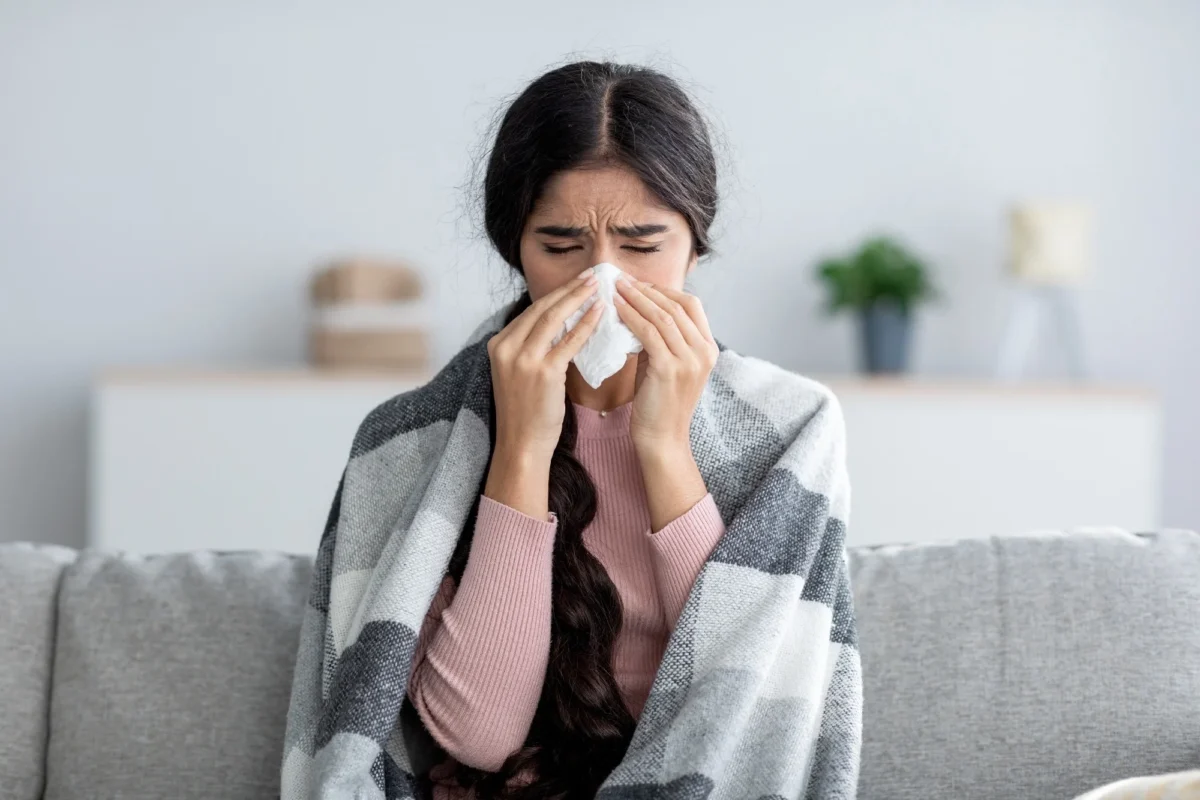

When to Seek Rama Care’s Help
It is rarely a good idea to try to tough out acute infections without consulting a doctor or midlevel practitioner – failure to do so may lead to complications.
Consider Rama Care’s help in the following situations:
- Persistence of Symptoms: Sometimes, symptoms may take much longer than usual cold or simple gastrointestinal upset hence a need for a professional checkup.
- Severe Symptoms: Specialist care is needed if the inflammation does not start to reduce after 48-72 hours, there is a high fever above 38 degrees, breathing becomes labored, the pulse rate is racing, the pain worsens or there is no thirst.
- At-Risk Populations: Those who are young children below two years, pregnant women, aged persons, or those who have low immunity or any other ailments are vulnerable and should consult a doctor early.
- No Improvement with Initial Treatment: In case no positive change is observed, or the signs of the disease aggravate after the initial treatment, external help may be required.

Infection by bacteria tends to present symptoms such as localized skin redness, inflammation, or formation of pus, an infection by virus presents symptoms such as coughing, sneezing, and body general signs such as fever and feelings of weakness.
Superficial fungal infections manifest in patients as dermatitis which can be dry and itchy, or as smooth scaling.
Diagnostic tests are nevertheless mandatory as the symptoms often resemble those of different ailments, not to mention that extreme care should be taken with vitamin supplements.
Antibiotics are good at fighting bacterial infection but if they are abused the coming infections will be much harder to tackle since they are resistant to most known antibiotics.
They may cause stomach upset, vaginitis/yeast infections, and in some cases, dangerous allergic reactions.
However, it is essential to take them as recommended by a healthcare provider and avoid over-the-counter consumption.
Hand washing, using tissues or covering the face and mouth when one is sneezing or coughing, cleaning personal and common properties, and staying away from infected persons are some of the measures that can be taken in order to avoid the spreading of such illnesses.
And of course, vaccinations and not going to work or school when sick are also important.
Adequate hydration, rest, and consuming a balanced diet support recovery. Over-the-counter pain relievers can alleviate symptoms.
Natural remedies like honey (for those over one year old), ginger tea, and warm saltwater gargles can soothe throat pain. Humidifiers can help relieve congested sinuses.
Real Review From Our Real Customer

Sarah Taylor
DeveloperLorem ipsum dolor sit amet consectetur adipiscing elit sed do eiusmod tempor incididunt ut labore et dolore magna aliqua. Ut enim ad minim veniam, quis nostrud exercitation ullamco laboris nisi ut aliquip ex ea commodo consequat.

Aiken Ward
DesignerLorem ipsum dolor sit amet consectetur adipiscing elit sed do eiusmod tempor incididunt ut labore et dolore magna aliqua. Ut enim ad minim veniam, quis nostrud exercitation ullamco laboris nisi ut aliquip ex ea commodo consequat.

Eachann Jhon
FounderLorem ipsum dolor sit amet consectetur adipiscing elit sed do eiusmod tempor incididunt ut labore et dolore magna aliqua. Ut enim ad minim veniam, quis nostrud exercitation ullamco laboris nisi ut aliquip ex ea commodo consequat.

Smith Jorge
DesignerLorem ipsum dolor sit amet consectetur adipiscing elit sed do eiusmod tempor incididunt ut labore et dolore magna aliqua. Ut enim ad minim veniam, quis nostrud exercitation ullamco laboris nisi ut aliquip ex ea commodo consequat.
Stay Updated With Our Latest News And Blog Articles
- By: admin
- June 3, 2024
- No Comments
Benefits of Electrotherapy
- By: admin
- June 4, 2024
- No Comments
Is Electrotherapy Safe During Pregnancy?
- By: admin
- June 4, 2024
- No Comments
